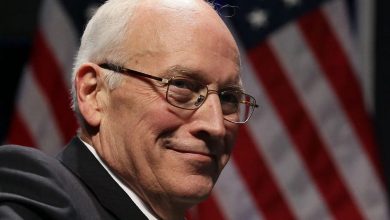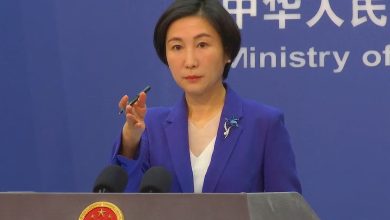ECOWAS Parliamentarians Recommend Bold Reforms to Boost Private Sector and Job Creation
ECOWAS lawmakers push private sector revival to fight youth joblessness in West Africa.
Power, policy gaps, and insecurity top concerns as MPs urge reforms and local support.
Parliamentarians from the Economic Community of West African States (ECOWAS) have outlined key strategies aimed at revitalizing the private sector and tackling the persistent unemployment crisis across the region.
These recommendations were the outcome of a five-day Joint Committee meeting of the ECOWAS Parliament held in Monrovia, Liberia, which brought together members of the committees on Administration, Finance, Budget, Public Accounts, Macroeconomic Policy, Economic Research, Industry, and the Private Sector.
At the heart of their discussion was the pressing need to remove longstanding barriers stifling private sector development and job creation in West Africa. The lawmakers identified a combination of structural and policy-related obstacles, such as erratic government policies, unreliable electricity supply, an unfriendly business climate, insecurity, and weak human capital systems.
To address these challenges, the parliamentarians emphasized a multi-faceted approach, starting with the creation of a more predictable policy environment. They stressed that inconsistent government policies discourage long-term investment and undermine private sector confidence.
Senator Osita Izunaso of Nigeria pointedly addressed the persistent electricity crisis as a major impediment. He noted that without access to steady power, businesses struggle to operate efficiently, bear higher operational costs, and ultimately face reduced profitability.
“As a private sector player, how do you plan when you are not sure of what government policies are?” Izunaso asked. “Power is still an issue. We’re still grappling with the issue of diesel and petrol to power our machines. Now, if you are a big industrialist and you are doing something, how do you pay your staff, take care of your overhead, and remain profitable?”
Beyond electricity and policy instability, Izunaso also pointed to the region’s lack of skilled labor as a critical issue. He said that the private sector was increasingly hampered by a shortage of qualified manpower to drive innovation and productivity. In response, the ECOWAS Parliament is shifting its focus toward vocational education and human capital development initiatives to bridge the gap.
The Nigerian lawmaker also underscored the need for a stable legal and regulatory framework to protect investments and encourage entrepreneurial activity. He warned that insecurity and legal uncertainty could easily erode investor trust.
“Once you’re not sure of your investment, once you’re not sure of your life, then it becomes a problem,” Izunaso warned.
Similarly, Senator Sharafadeen Abiodun, also representing Nigeria, voiced concern over the growing anxiety among West African youth regarding their economic future. He attributed this to persistent inflation, currency instability, and inconsistent policy decisions that have plagued the subregion for years.
He also criticized the tendency of ECOWAS countries to offer generous and long-term incentives to foreign investors at the expense of local businesses. While acknowledging the importance of attracting foreign direct investment, Abiodun stressed the need to ensure local firms are not marginalized in the process.
“We must find a balance between encouraging foreign investment and supporting our local industries. Our policies must reflect a commitment to long-term economic sovereignty,” he said.
In his remarks, MP Zakariya Nyampa called for more pragmatic, affordable, and corruption-resistant policies. He lamented the decline in interest among young people in vocational trades such as carpentry, welding, and mechanics skills that he said remain critical for economic self-reliance and daily survival.
“The youth should explore these trades, alongside embracing technology and ICT,” Nyampa said. “Regarding insecurity, you can’t even go to the farm, even if it’s within a developed area. Somebody will just come and harvest your farm before it’s ripe 100 per cent.”
He emphasized the urgent need for governments in the subregion to protect both investments and the labor force to inspire economic growth.
The meeting, organized under the theme of evaluating the effectiveness of ECOWAS’s investment policies and their impact on employment, concluded with a strong consensus: revitalizing the private sector is key to addressing West Africa’s unemployment crisis and unlocking inclusive, sustainable development.
This renewed focus aligns with ECOWAS’s broader strategy to reduce unemployment, especially among young people, and ensure that the region builds resilient economies that can compete globally.



